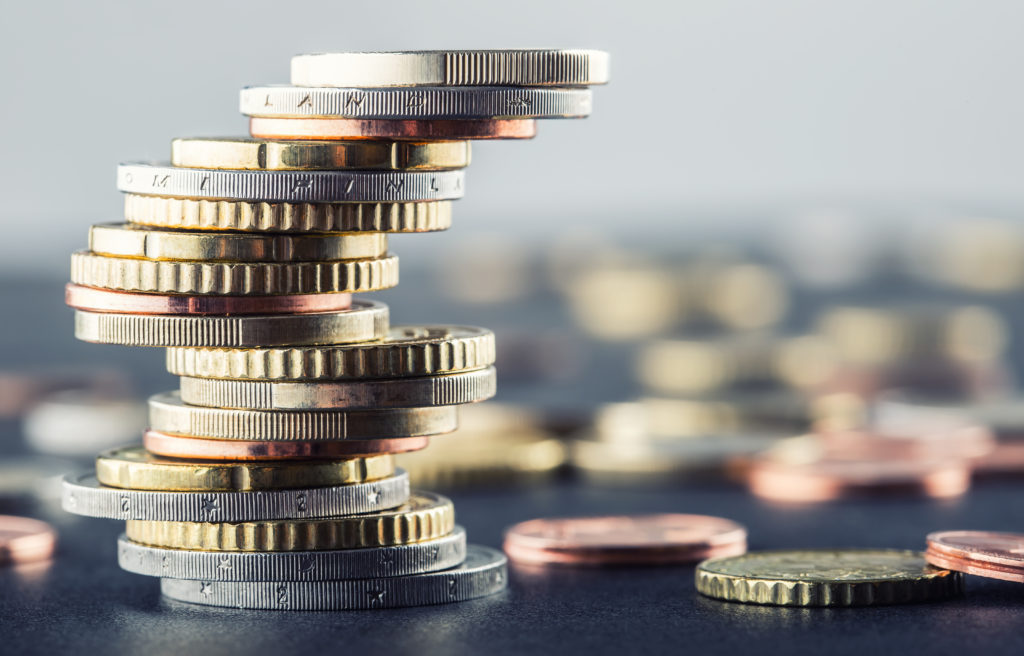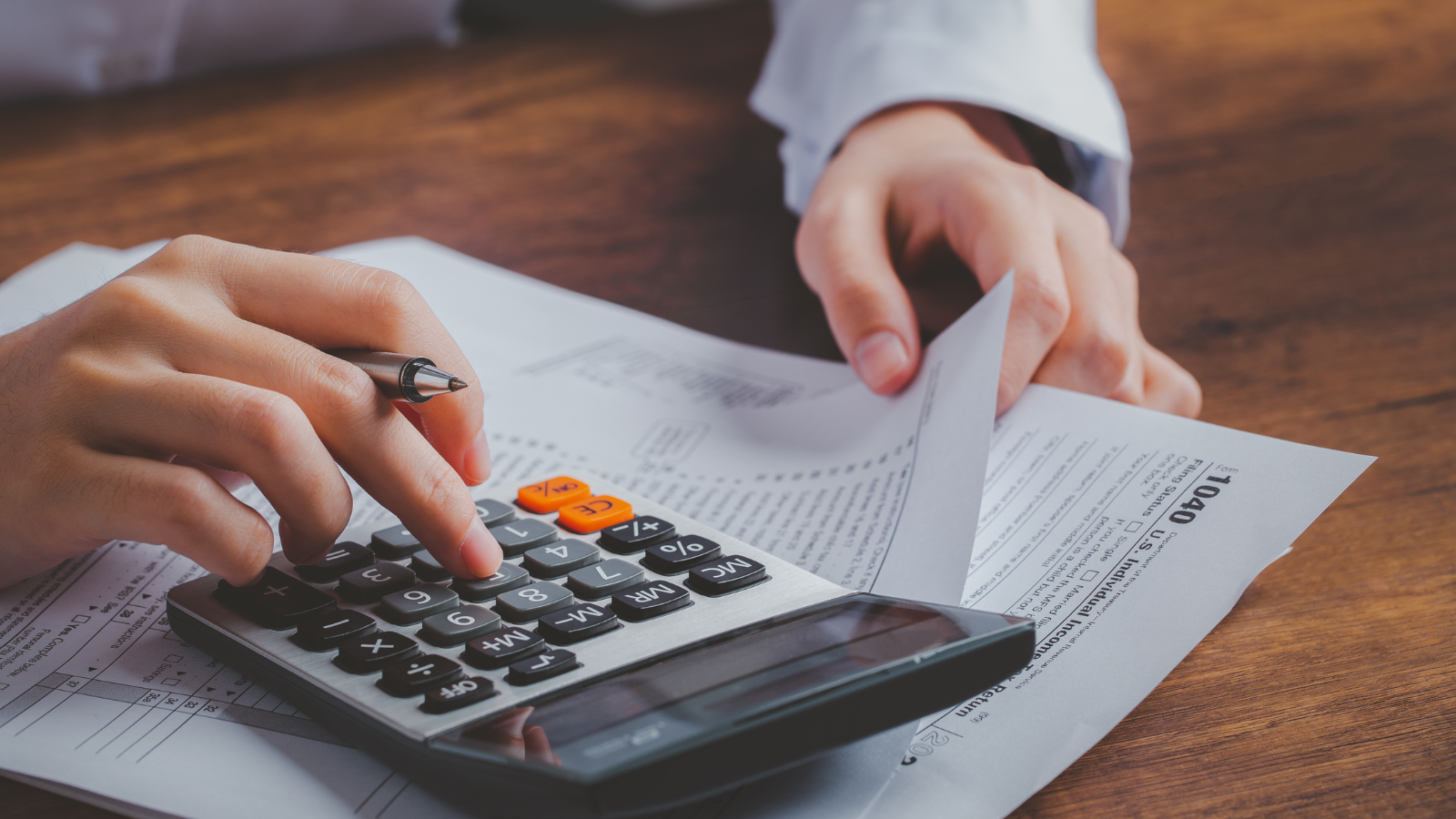- About Us
- People
- Practice Areas
Our Services
Partners and Operating Partners undertake either roles or assignments, working alone or in teams as appropriate. They have the backup of the extensive network that the gunnercooke Operating Sphere provides, delivering skills, services, solutions across a wide range of verticals addressing a multitude of challenges and opportunities
- News & Insights
- Get in touch

UK VAT poses big problems for UK charities not registered for VAT. Unlike VAT-registered businesses, they cannot directly reclaim VAT on purchases. In this article, we explore the main difficulties and possible solutions.
VAT Registration
Charities with taxable turnover over £85,000 must register for VAT in the UK. This lets them recover VAT on purchases. However, smaller charities below this threshold cannot recover VAT this way. This disadvantages them versus larger registered charities.
Business vs Non-Business Activities
UK charities must classify activities as either ‘business’ or ‘non-business’ for VAT. ‘Business’ activities need VAT registration and reporting but allow VAT recovery. ‘Non-business’ activities do not. Charities must determine the right status to follow VAT rules and maximise legitimate recovery.
VAT Exempt Services
Some services, like education and fundraising events, are VAT-exempt. Charities providing these services cannot pass on VAT costs for exempt services. As a result, these irrecoverable costs can put charities at financial disadvantage.
Complex Partial Exemption Rules
Even if charities opt to register for VAT, as they provide exempt supplies, they must allocate the reclaimed VAT between exempt and non-exempt activities. Complex partial exemption rules hinder VAT recovery and often require professional guidance to comply.
Limited VAT Recovery for Non-VAT registered charities
They have the following VAT recovery options:
• Maximise VAT relief directly from suppliers for eligible items in HMRC’s guidance
• Qualify for direct VAT refunds meeting strict evidence criteria, restricted to specific sectors through the VAT 126 process. This blog covers the topic in more depth.
• Consider registering for VAT if they meet criteria and benefits outweigh costs
• Set up a VAT-registered trading subsidiary, although this requires meticulous planning
These options are limited and often have high administrative costs or low returns.
How can we help you?
At gunnercooke Operating Partners, we can support you by:
• Completing necessary forms or checking existing documentation for VAT relief
• Reviewing invoices and financial records to strengthen your VAT-free billing case
• Contacting HMRC for any queries
• Engaging with UK suppliers to help get your VAT back
Contact us to find out more about how we can help: [email protected]
Neeraj Nagarkatti
Associate Operating Partner — Tax Accountant

